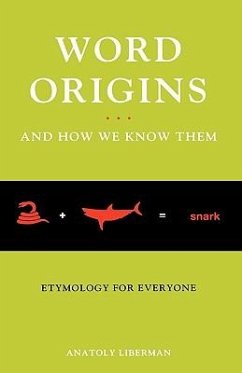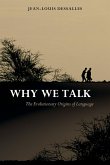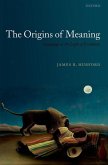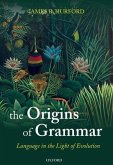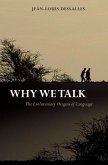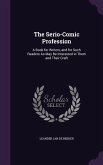Millions of people want to know the origin of the words they use. Word columns in daily newspapers and numerous books (The Romance of Words, The Loom of Language, Word for Word, and so forth) attempt tp satisfy their curiosity. Word histories are usually digested like pills: the user is interested in getting well, not in the chemistry of the prescribed medication. Those who send letters to the Editor also want a straight answer without bothering about how "editors" come by their knowledge. Therefore, they fail to realize that etymologies are seldom definitive and that the science of etymology is intensely interesting. Perhaps if someone explained to them that, compared to the drama of words, Hamlet is a light farce, they might develop a more informed attitude toward philological research and become students of historical linguistics rather than gullible consumers of journalists' pap.
Hinweis: Dieser Artikel kann nur an eine deutsche Lieferadresse ausgeliefert werden.
Hinweis: Dieser Artikel kann nur an eine deutsche Lieferadresse ausgeliefert werden.

